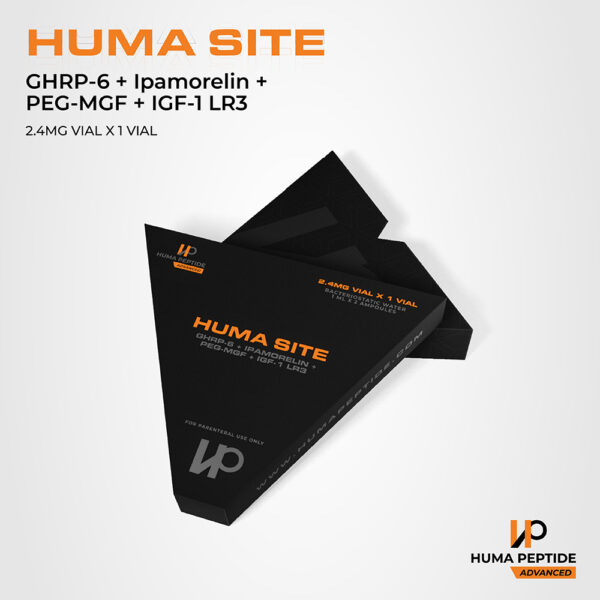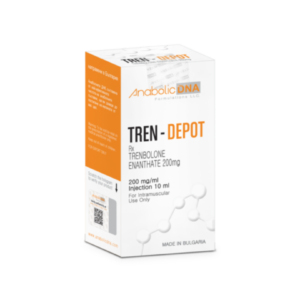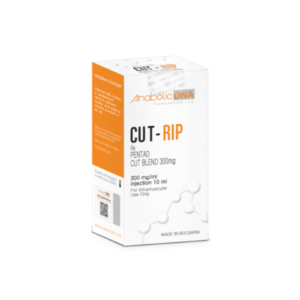Description
| QUANTITY | COMPOSITION | |
| Huma Site | 2.4mg Vial X 1 Vial | Growth Hormone Releasing Peptide-6 : 1mg Ipamorelin : 1mg Pegylated Mechano Growth Factor : 200mcg Recombinant IGF-1 Long R3 : 200mcg |
| Bacteriostatic Water | 1ml x 2 Ampoules | Methylparaben : 0.12% Propylparaben : 0.012% pH : 4.5-7.0 |
What Is GHRP-6?
GHRP-6 is an effective stimulator of natural Growth Hormone Release from the anterior pituitary. GHRP-6 is also a ghrelin/growth hormone receptor agonist and one of a handful of ghrelin analogues developed in the last several decades. It has been found to have positive effects on heart muscle cells, memory formation, scar formation, sex motivation, and the neurons involved in Parkinson’s disease. GHRP-6 is orally and sublingually active and moderately to highly selective.
Ipamorelin 2mg
Sequence: Aib-His-D-2-Nal-D-Phe-Lys-NH2
Molecular formula: C38H49N9O5
Molar Mass: 711.85296
CAS number: 170851-70-4
PubChem: CID 20754357
Synonyms: Ipamorelin Acetate, IPAM, NNC-26-0161
PEG-MGF Overview
Pegylated Mechano-growth factor (PEG-MGF) is a truncated and slightly altered form of insulin-like growth factor 1 (IGF-1). Research shows that it stimulates myoblast (muscle cell) proliferation and differentiation. It has also been explored in research focused on increasing endurance, boosting the function of the immune system, lowering cholesterol, and reducing total body fat. There is also some evidence to suggest that PEG-MGF improves immune function related to healing and could therefore less the time it takes for wounds to heal.
What is IGF-1 DES?
IGF-1 DES is a truncated version of IGF-1 in which the tripeptide Gly-Pro-Glu is absent from the N-terminus end of the protein. It is actually a naturally occurring variant of IGF-1 and has been found in the human brain, cow colostrum, and pig uterine tissue. IGF-1 DES is 10 times more potent than IGF-1 in stimulating hypertrophy and proliferation of cells because it is not affected by IGF-1 binding proteins and therefore is more bioavailable. There is interest in using the peptide to induce anabolism in catabolic conditions (e.g. chronic illness) and in the treatment of inflammatory bowel disease.
IGF-1 DES has also been of keen interest in the treatment of a number of neurological and neurodevelopmental conditions. Researchers investigating autism and autism spectrum disorders have found that IGF-1 and its analogues have potent effects on the synaptic health neurons. In animal models of autism, IGF-1 DES and IGF-1 have relieved symptoms and improved a number of the behavioral aspects of the condition.


















Reviews
There are no reviews yet.